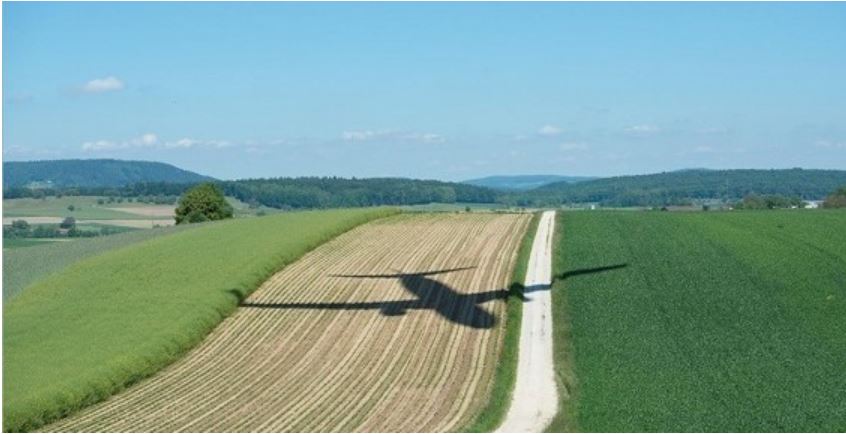Climate-KIC start-up Safety Line provides Transavia with its OptiClimb solution to reduce aircraft fuel consumption

A big step towards significant CO2 reduction and greener aviation
Safety Line enables the Transavia airline company to optimise fuel consumption during the climb phase, the most fuel-consuming part of a flight. A member of the Air France KLM Group, Transavia is the first airline to adopt the groundbreaking Safety Line’s OptiClimb, after successful preliminary tests.
Safety Line, a talented start-up from the Climate-KIC Accelerator programme, developed a climate mitigation product: OptiClimb. This innovative solution is based on 'big data' analysis obtained from black box flight recorders. OptiClimb enables airlines to adapt and optimize their aircraft’s climb to reduce fuel consumption.
Although the flight path can be slightly modified with the use of OptiClimb, passengers will benefit from the same level of safety and comfort.
Aircraft: major global CO2 emitter
Global air transport will grow around 4% annually. Aviation currently accounts for more than 3% of global CO2 emissions. Aviation sector is continuously growing: airlines companies could globally buy more than 30.000 new planes in the coming years. The sector will need to adjust to the expected doubling of the number of passengers and flights by 2030.
OptiClimb: an asset to be CSR and air transport legislative compliant
In February 2016, the International Civil Aviation Organization (ICAO) adopted a binding standard for limiting CO2 emissions of aircraft. It will apply to new aircraft in 2020, as well as those already existing and being delivered as of 2023. The agreement thus plans 33% reduction in CO2 emissions for existing aircrafts models to be built from 2023. For future models, the reduction will be 36% as of 2020.
After Cop21, Transavia decided to develop further its eco-friendly approach and to adopt OptiClimb to reach their objectives. ‘60 million tons of CO2, the equivalent of the annual CO2 emissions of Portugal or Vietnam, would be avoided if all airlines in the world were to use OptiClimb.’
Adopting OptiClimb also means savings
Fuel costs represent around 30% of an airline’s operational costs. The aircraft climb phase being the most fuel-intensive, with OptiClimb, substantial fuel savings of 200 kilogrammes of kerosene per flight can be realised.
A breakthrough innovation, OptiClimb could thus save about €60 million per year for a company making 1,000 daily flights.
About Safety Line
The team: www.climate-kic.org/start-ups/safety-line/
Safty Line Award: www.climate-kic.org/news/safety-line-laureate-big-data-innovation-trophy/
OptiClimb: www.safety-line.fr/en/appropriate-solutions/opticlimb/
About Climate-KIC Accelerator
Safety Line is part of the Climate-KIC Accelerator programme. The Climate-KIC Accelerator has locations across Europe and organises multiple intake rounds per year where entrepreneurs pitch their start-up before a jury.
The most promising start-ups are accepted into the Climate-KIC Accelerator. Start-ups can apply online at any time during the year. If you are interested in becoming a Climate-KIC start-up, click here for more information.

 Share this page
Share this page


